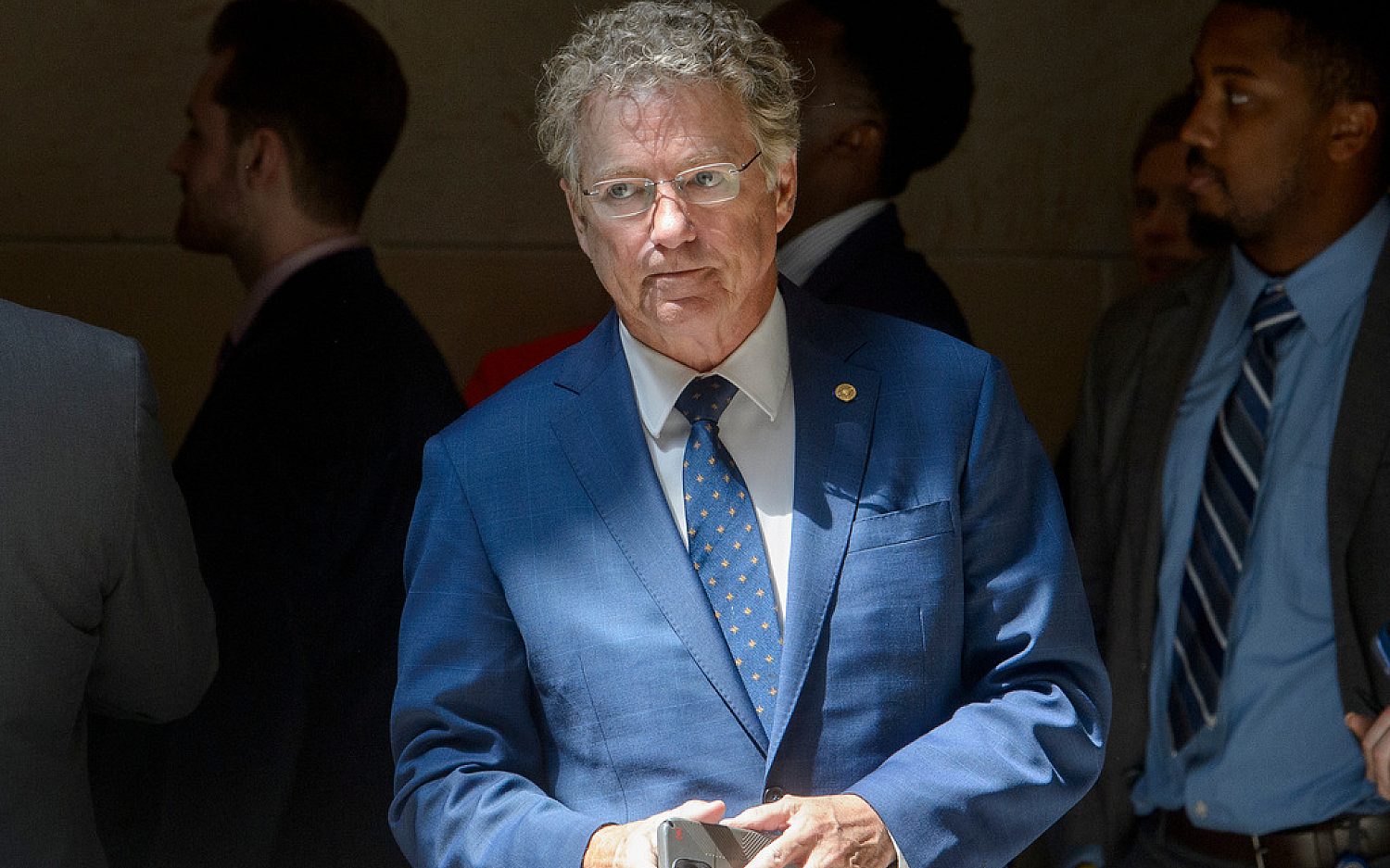4-star general pleads guilty to perjury in leak probe
Expert says perjury is a powerful tool for investigators when national secrets are on the line
A retired four-star Marine general accepted a plea deal Monday, avoiding a public trial in which highly classified information might have been disclosed.
Former Vice Chairman of the Joint Chiefs of Staff Gen. James E. Cartwright pleaded guilty in federal District Court in Washington, D.C., to a felony charge of lying to FBI officials investigating leaks concerning a top-secret U.S. effort designed to disrupt Iran’s nuclear program. Under the plea deal, government prosecutors and Cartwright’s defense lawyers agreed to sentencing guidelines calling for a minimum of a $500 fine and no jail time to six months in federal prison.
The investigation centered on leaks to New York Times reporter David Sanger and Newsweek reporter Daniel Klaidman about a classified joint U.S.-Israeli program in 2009 designed to sabotage Iran’s nuclear centrifuges with a computer virus often referred to as “Stuxnet.” In the court filing, government prosecutors claimed Cartwright lied to investigators about his involvement with the reporters after having been shown a list of quotes from Sanger’s book and Klaidman’s February 2012 article, both of which contained classified information.
“It was wrong for me to mislead the FBI … and I accept full responsibility for this,” said the general, who retired in 2011, in a written statement. “I knew I was not the source of the story, and I didn’t want to be blamed for the leak.”
Cartwright’s attorney, Greg Craig, a former White House counsel under President Bill Clinton, said in a statement Cartwright did not plead guilty to leaking classified information, but instead to lying to the FBI in an effort to do damage control.
“In his conversations with these two reporters, Gen. Cartwright was engaged in a well-known and understood practice of attempting to save national secrets, not disclosing classified information,” Craig said. “His effort to prevent publication of information that might harm American lives or national security does not constitute a violation of any law.”
Experts in national security law acknowledge the difficulty the government has in trying to prosecute those who may have leaked classified information while at the same time avoiding potential additional exposure of sensitive information during a public trial. The compromise is often a perjury charge.
“A lot of times in these national security contexts, what the government does not want to do is … disclose the underlying national security secrets to prove that somebody disclosed it,” said Charles “Cully” Stimson, manager of the National Security Law Program at the Heritage Foundation and a former military prosecutor. “It’s much easier to prove that somebody lied, that they perjured themselves.”
Stimson compared this case to that of I. Lewis “Scooter” Libby, former chief of staff to Vice President Dick Cheney during President George W. Bush’s administration. Libby, accused of disclosing a CIA officer’s identity, was instead charged with lying about it.
“It’s the ancillary, but nevertheless powerful, tools like perjury that often times you see on the periphery of these national security investigations that get people caught,” Stimson told me.
An actual newsletter worth subscribing to instead of just a collection of links. —Adam
Sign up to receive The Sift email newsletter each weekday morning for the latest headlines from WORLD’s breaking news team.




Please wait while we load the latest comments...
Comments
Please register, subscribe, or log in to comment on this article.